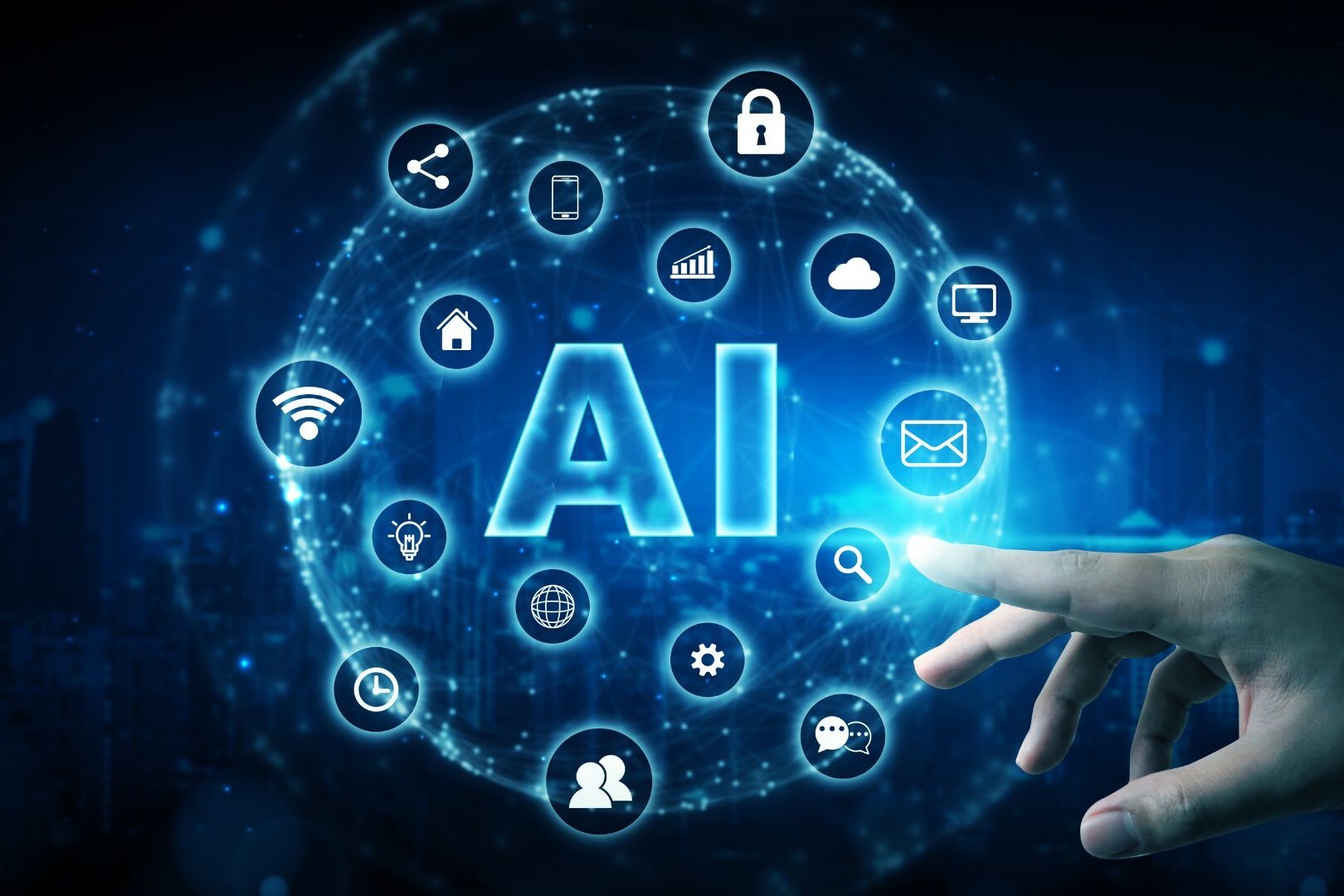Barry Phillips (CEO) BEM founded Legal Island in 1998. He is a qualified barrister, trainer, coach and meditator and a regular speaker both here and abroad. He also volunteers as mentor to aspiring law students on the Migrant Leaders Programme.
Barry has trained hundreds of HR Professionals on how to use GenAI in the workplace and is author of the book “ChatGPT in HR – A Practical Guide for Employers and HR Professionals”
Barry is an Ironman and lists Russian language and wild camping as his favourite pastimes

This week Barry Phillips wonders why AI gets such a bad rap when it comes to workplace equality and points out that AI has introduced significant accessibility advances that have been largely ignored.
Transcript:
Hello Humans,
My name is Barry Phillips. Welcome to the podcast that aims to cover an important AI issue relevant to HR every week in five minutes or less.
This week we’re looking at the bad rap AI is getting in terms of equality and the workplace and arguing that its unfair or misplaced or both.
The concern goes something like this.
Bias information in and bias information out and this of course leads to bias action too particularly when that information is used to train LLMs such as Claude and ChatGPT. And lets be honest the information in is skewed in favour of the Northern Hemisphere from where most of the web and chat content comes from and yes that is largely produced by men.
AI hoovers up history, and history is messy. Can we detox all that data? Not really. Society keeps generating new bias faster than we can scrub the old stuff. So HR’s roll here is mitigation—audits, diverse sampling, human veto power—not naïve demands for “bias‑free” AI. Expecting perfectly neutral data is like wanting an HR policy that makes everyone happy — lovely fantasy, not happening in today’s world.
What do we do about this? How about we treat “bias‑free data” as chronic, not curable. Run bias audits, keep a human in the loop, but stop promising a purity test AI can’t pass.
And lets not forget about the advances AI has introduced into the workplace in the past few years relevant to equality because they rarely get a mention.
For example, live captions in virtual meetings are now common place. In Microsoft Teams, every word in a meeting is auto‑transcribed in real time. Deaf or hard‑of‑hearing colleagues don’t need a separate interpreter; they just read the screen and jump in.
Speech‑impairment? There’s an app for that. Voiceitt lets people with “non‑standard” speech train the app on their voice and have it spoken back clearly—or piped straight into Teams and Zoom. Suddenly that employee who struggles to articulate can pitch a project to the board without a human intermediary.
Reality‑subtitling glasses. XRAI just launched its new digital specs: put them on and every conversation around you appears as floating captions, even on a noisy shop floor. Accessibility isn’t a bolt‑on anymore; it’s literally wearable.
And the HR takeaway: these tools smash the old “essential functions” excuse. A candidate once sidelined for a customer service role because they couldn’t hear or speak can now clearly compete with the rest.
Finally should the real concern lie with the invisible use of algorithms when things are selected for us or even forced on us without us even knowing?
This Algorithmic Grooming puts us into bubbles in which we meet people like ourselves who rarely challenge us or present us with views and ideas that could really lead to something new and exciting.
Surely this is where our real concerns should lie?
That’s it for this week. Until next week by for now.
 AI Literacy Skills at Work: Safe, Ethical and Effective Use
AI Literacy Skills at Work: Safe, Ethical and Effective Use



